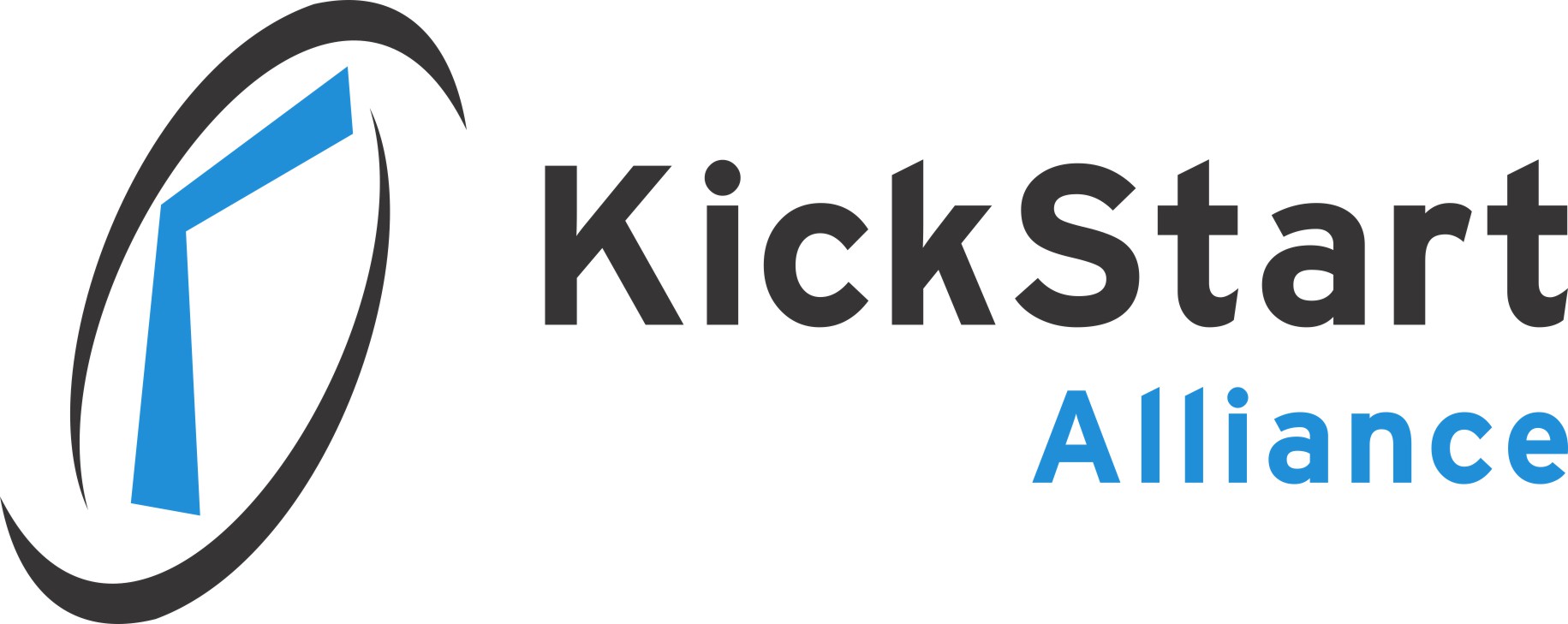Both professionally and personally, all of us seek to unlock the mysteries of the future.
Investors look for the most promising ventures. Sales managers seek accurate business projections. Production Managers pursue critical deadlines.
On a personal level, we seek to make the best life decisions. We look for friendship and search for lifelong partners. Some hope to predict the outcome of a sports event.
Unlocking the future has been a human pursuit since time began. Here are six tools that can unlock the mysterious future. Each technique stands on its own, yet borrows from others. Discover the one(s) that work for you.
Intuition. The ability to understand something immediately, without the need for conscious reasoning. First impression. Gut feel. Instinct. Hunch. Venture capital investors look for signs that entrepreneurs believe and have passion for their ventures. Love-at-first-sight is intuitive (or maybe just lust-able). In the book, “Blink”, Gladwell draws from research in psychology and behavioral economics to explain the rapid mental processes that arrive at conclusions with very little information.
Past performance is the best predictor of future performance. I find this to be particularly helpful in staff selection and hiring; it’s a technique called behavioral interviewing. Best practices are the hallmark of training, motivating, and on-boarding; best practices are derived from previous success. Sales Management will base quota assignment and compensation on prior accomplishments.
Dreams. 15 to 30 percent of people say they experience precognitive dreams where future events are revealed to them before they occur according to research by neuroscientist Dr Julia Mossbridge. Unfortunately, dreams won’t help me unlock the future because I never remember my dreams and won’t help my husband either, whose dreams are whimsical. For that fortunate 15-30%, they refer to it as a sixth sense but the scientific term is precognitive dreams; dreams that seem to predict the future.
Forecast: the critical building block for sales projections and weather predictions. It is a combination of data analysis and gut feel (that intuition stuff). Spreadsheets, computer models, statistical analysis, and role specific software help (such as Salesforce.com, NetSuite, or Katana). Production and sales management careers are often won and lost based on forecast performance. If you want to improve your forecasting abilities, I found Tetlock and Gardner’s book, “Superforecasting” very useful.
Spiritual Consultation is where people tap into the skill of others to predict the future, like card readers, fortune tellers, clairvoyants, and crystal balls. I did own a Magic 8-Ball as a kid and an Ouija Board always made an appearance at sleep overs, but for me, the allure didn’t carry forward into my career. However, I must admit to feeling like a spiritual advisor when senior leadership approaches me for the annual sales forecast.
Surveys are a research method used for collecting data from a specific group of respondents. Its purpose is to gain understanding on a topic. There are many different survey methods and types depending on the purpose or insights you hope to gain. Net Promoter scores are a great example of results from customer and/or user surveys. There are many great survey tools available; I use Zoho and SurveyMonkey. PCMag.com just posted “Best Online Survey Tools for 2020”.
Can you help? If you are a woman, age 45-80, would you help me understand women’s perspective on retirement? I have a 10-minutes anonymous survey that branches based on your retirement status, pre or post or somewhere in between.
If you are willing to help, here’s the survey link: https://www.surveymonkey.com/r/retireQs
Also, please pass it along to 2 or 3 women friends. It will help to strengthen the research base. Thanks! Janet

